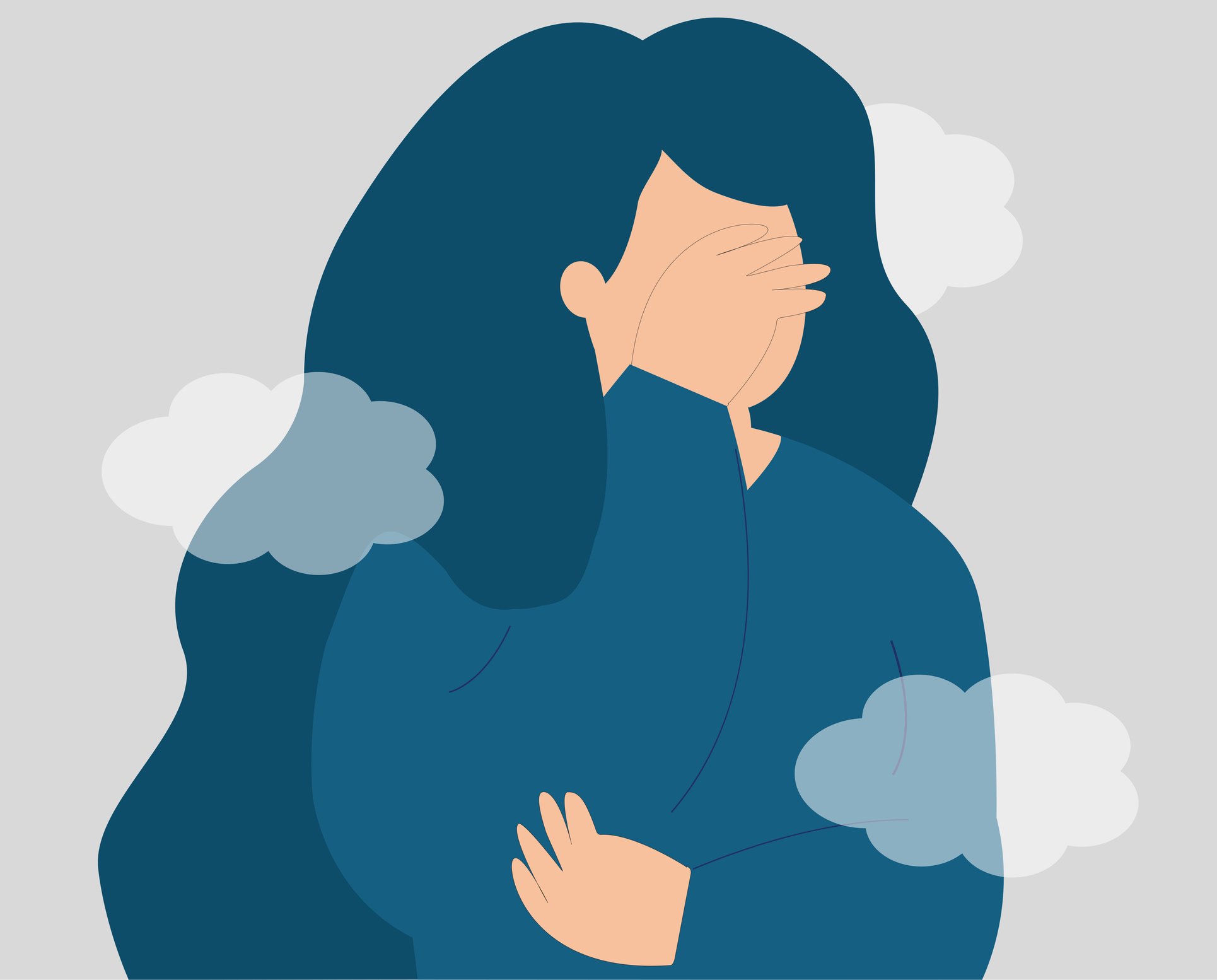How to Build Shame Resilience
How to Build Shame Resilience

Shame is a painful emotion caused by consciousness of guilt, shortcoming, or impropriety. Although very painful, the capacity for shame is healthy and part of being human. The function of shame is to prevent us from damaging our relationships and motivate us to repair them if we’ve damaged them.
Where guilt says “I’ve done something wrong,” shame says “I am something wrong.”
Some people grow up mostly feeling like they are fitting in and other people grow up with life circumstances that make them feel like an outsider. Some situations that may have made you feel chronically marginalized include:
- Having a chronic mental health condition, like anxiety, OCD, a mood disorder, or ADHD
- Having a chronic medical condition
- Having a learning or other form of disability
- Experiencing something traumatic that other people around you didn’t experience
- Being of a different race
- Being of a different religion
- Speaking a different language
- Having a different sexual or gender identity
- Having a different financial situation than those around you
If you resonate with any of these situations, you might have a chronic sense of shame or a feeling of shame that pops up frequently. You didn’t do anything wrong. Your mind just perceived a difference between yourself and those around you and gave you a feeling.
Shame is “just” a feeling, but it can become very big and very painful. If it feels very big, it doesn’t mean there is something even worse about you, but rather that there are layers to it. We can make it smaller and more manageable by talking about it and listening to it. When you understand it and the feeling is smaller, it will be easier for you to work with it.
One way to listen to shame is to pay attention to the feelings it gives you in your body. Some people feel flushed, as their sympathetic nervous system (also known as the fight-or-flight response) is activated. Their eyes get hot and cheeks get red. They start to sweat or have stomach distress. Other people primarily notice the urgency to get away from whatever makes them feel ashamed or the slumped posture and the feelings of helplessness and hopelessness.
Shame gives us the urge to hide and withdraw. The way through shame is for you to remind yourself of your humanity and share your shame in settings where that sharing reconnects you to others.
Here are some questions to ask yourself to think about your experience of shame:
- When you are feeling shame, how do you know it’s shame?
- What external and internal experiences trigger shame?
- What happens physiologically in your body when you feel shame?
- What happens cognitively in your mind when you feel shame?
- How do these feelings and thoughts compare to other internal experiences like anxiety, anger, loneliness, excitement, or arousal?
- How do you respond to these shifts in your body and mind?
- What storylines in your shame narrative seem true to you?
- Which storylines in your shame narrative don’t seem true to you?
As you reflect on your experiences of shame, it may be helpful to you to share with a trusted loved one or a therapist. Support groups, such as ADAA’s anonymous peer to peer communities, can also be a great place to share. Dr. Perry runs a free support group for those that experience anxiety disorders, OCD, and mood disorders and you can find out more at https://www.relatable.health.




















